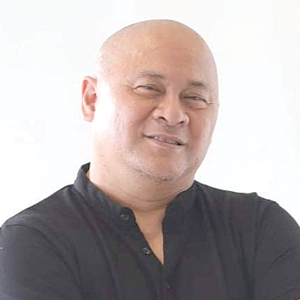Read this in The Manila Times digital edition.
THE fate of a colonized society lies in the fact that even in post-colonial times when states have acquired sovereignty from their former colonial masters, we continue to live in their shadows. Critical post-colonial writer Franz Fanon spoke of the colonial mentality in a vivid depiction of images of the colonized as having black, or in our case brown, skins but who wear white masks. Palestinian scholar Edward Said offered his view that the status of formerly colonized peoples is reinforced by an "orientalist" view held by the former colonizers which depicts their former subjects as inherently inferior. Said is correct, but only because there is a deliberate effort among the formerly colonized to continue to live a life that upholds the superiority of their former colonizers.
If there is a place that is right at the center of an "orientalist" complicity, it would be the Philippines. It is not just the cultural landscape that enables this, but such is given sustenance by official government policy. Nothing could be more illustrative of this than the push of the President, expressed in his SONA last year, for the strengthening of English as a medium of instruction even in basic education. English remains to be the official language of government, as it is the trademark of class and breeding. We remain embedded in the anomaly where superiority remains implicated in language, and that English is necessarily superior. In an age when other countries have already mainstreamed their own languages in their ways of life, and when they now have the luxury to study English as a foreign language to compete with the world, we remain a country that has deficiency problems both in English and in our local languages.
Continue reading with one of these options:
Ad-free access
P 80 per month
(billed annually at P 960)
- Unlimited ad-free access to website articles
- Limited offer: Subscribe today and get digital edition access for free (accessible with up to 3 devices)


